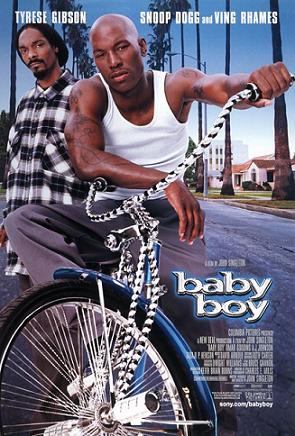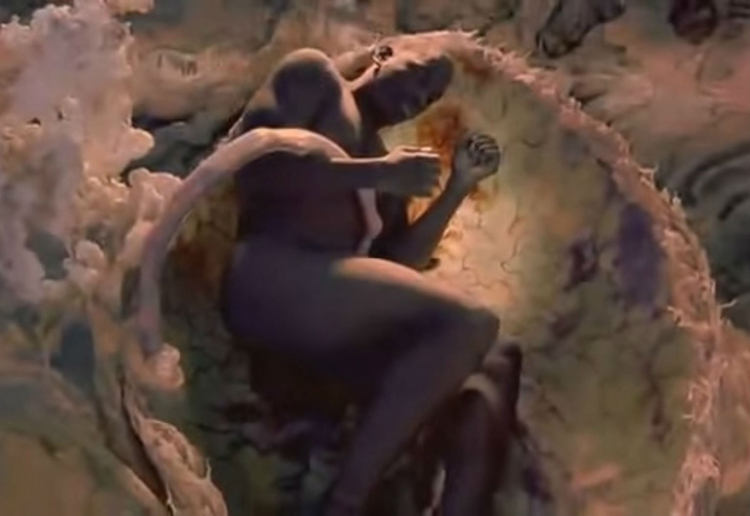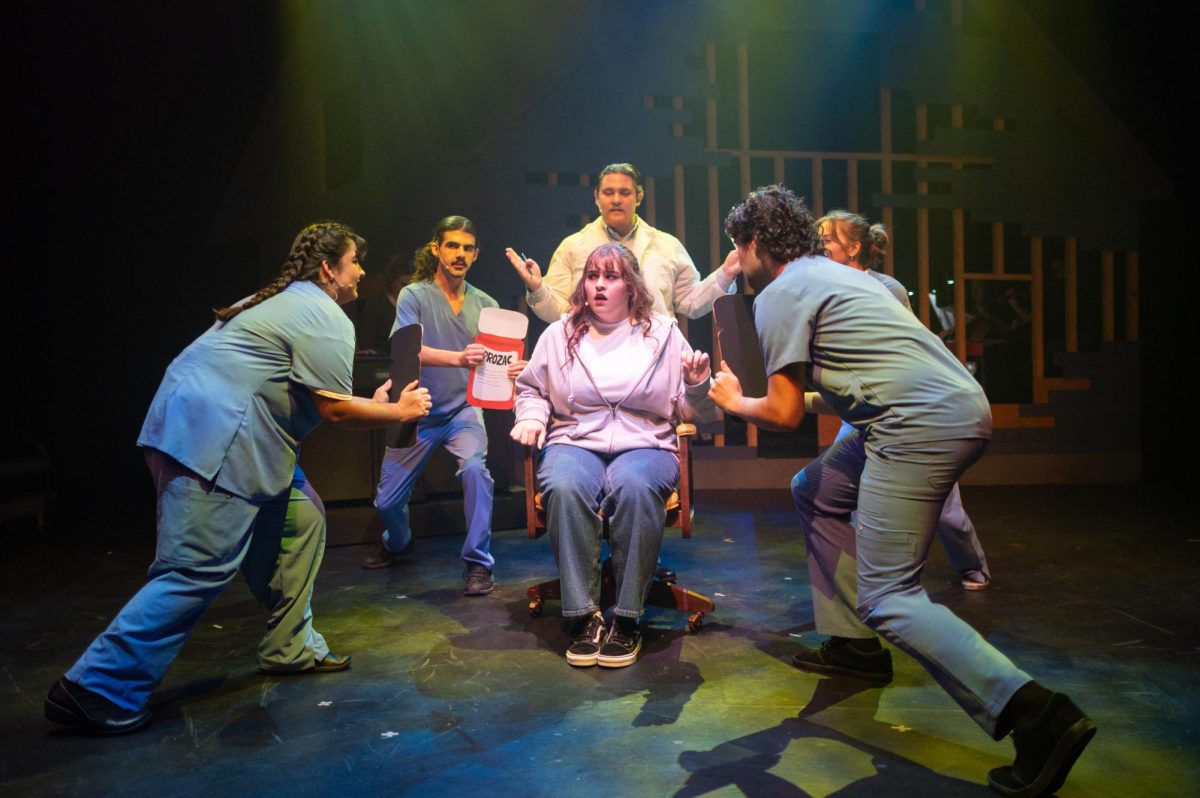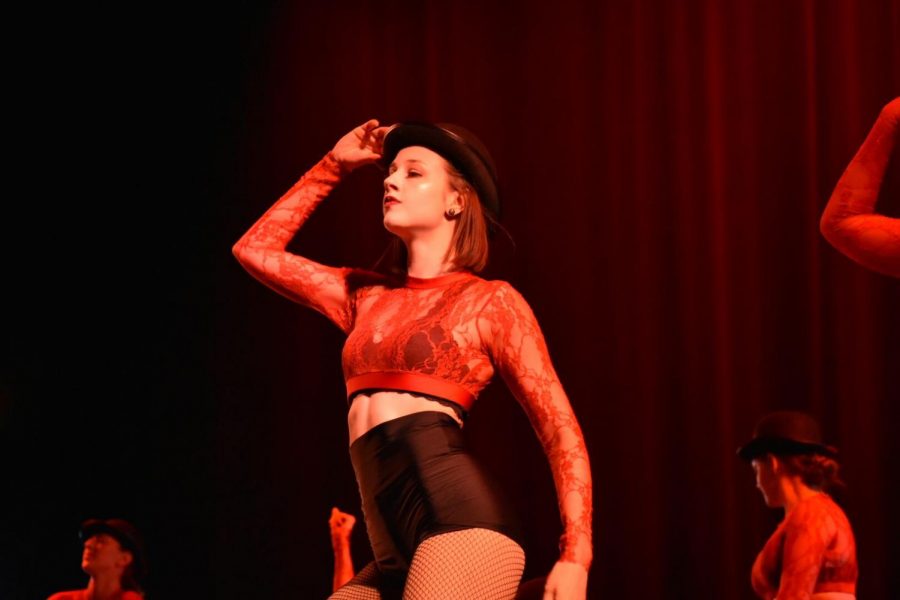As part of black history month the Cross Cultural Leadership Center did a movie showing and discussion on the film Baby Boy. CCLC member Sydney White facilitated the discussion. He chose Baby Boy because it is a relate-able film for young black males who grew up without a father and stuck in similar situations. It generated a discussion about what influences and resources are necessary in order to move up the social ladder when placed at a disadvantage. Some said it starts with each individuals choices, but without positive influences in their lives they’ll never start their journey toward a better life.
Baby Boy is a coming of age story about Jody (Tyrese Gibson), a young black male living in South Central Los Angeles.
The movie starts with a black screen. We hear liquid moving around as if we’re underwater. Next we see a close up of a person’s face. As we pan out, we see an umbilical cord draped around the man’s forearm. The camera pans out further, revealing a grown man suspended in the womb.
Narration from Jody begins as he starts by citing a theory from a known psychiatrist:
“She says that because of the system of racism in America, black men in this system has been made to think of themself as a baby,” Jody paraphrases. “To support her claim she offers the following: What does a black-man call his women? Mama. What does a black-man call his friends? His boys. What does a black-man call his residence? The crib.”

The opening scene imagery and the following scene’s narration conceptualized John Singleton’s, Writer/Producer, overall message.
Jody grew up without a father. He’s in his early 20s and lives with his mother Juanita (Adrienne-Joi Johnson). Not only is Jody a father of two children from two different women, as well as one on the way with girlfriend Yvette (Taraji P. Henson). This news puts pressure on Jody which begins him hustling stolen dresses on the street in order to support his family. He starts earning money and moves in with Yvette, paying rent through providing car maintenance.
Jody is pressured into taking plunge and entering adulthood. His mother’s new lover, Melvin (Ving Rhames) butts heads with Jody who feels entitled to his living space at his mother’s house. Along the way, Singleton weaves in a message through specific encounters like this, and Jody slowly learns that it is his responsibility to change.
Don’t miss out on other events like this happening this month as part of The Black Arts Movement. There will be black empowerment workshops at the BMU Feb. 20-24. Pick up a flier at the CCLC for more information.
Michael Fritz can be reached at artseditor@theorion.com or @theorion_arts on Twitter.









